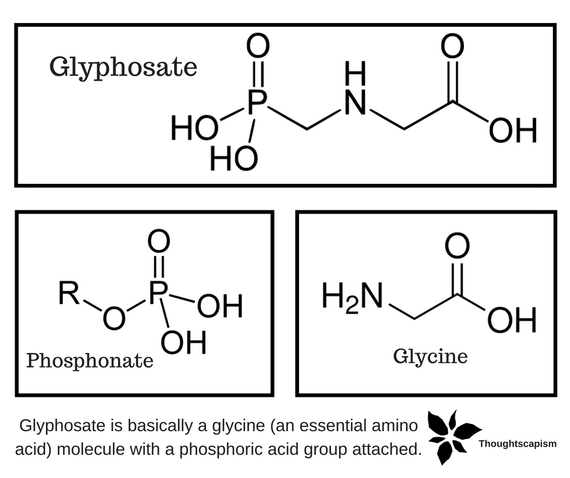That’s the title of this article (in English) : detailed, a bit long, but very clear. It’s on Thouhtscapism, a blog on science, creativity, environment, health, fiction by Iida Ruishalme, biologist.
Here is the presentation by The Risk Monger on his blog:
“It is a bit long but answers, very clearly and patiently, every question anyone with concerns about the continued use of this herbicide might have. If you are a journalist, please read this. If you are a policy-maker, please read this. If you are going to share an anti-GMO or anti-conventional farming meme, please read this. If you are going to the Monsanto Tribunal next month, … please learn to read!”
Worth reading.
Her 17 questions:
- Does glyphosate cause cancer?
- Could glyphosate have other health effects? What about the surfactants in RoundUp, or glyphosate breakdown products?
- What about studies claiming glyphosate causes celiac disease, autism, obesity etc? A look at Seneff et co.
- Does glyphosate harm our gut bacteria?
- Could glyphosate be another case like DDT or Thalidomide – should we apply the precautionary principle? The important difference between persistent and non-persistent pesticides
- Is glyphosate an especially dangerous pesticide?
- Is there glyphosate in the air and rainwater?
- Is there glyphosate in urine?
- What about breastmilk?
- Should we worry about glyphosate in wine?
- Is wheat toxic because of glyphosate?
- Are crops drenched in glyphosate?
- Does glyphosate use enable bad farming practices?
- What about resistance and superweeds?
- Does glyphosate interfere with soil organisms or nutrient availability?
- Does glyphosate harm Monarch butterflies or bees?
- Can glyphosate research be trusted? What about conflicts of interest?

